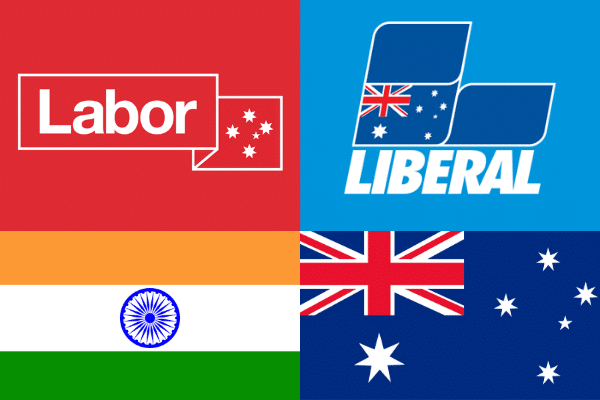The much-anticipated budget is done and dusted and we now await the calling of the Federal Election.
As described by analysts – and readily agreed upon by politicians from all sides – the 2022 budget was an election budget. Cash sweeteners were handed out to almost all sections of the public to entice them to vote for the ruling party. The war in Ukraine, linked with disruptions in global supply chains and the flow-on effects of large government payouts during the last 24 months of the pandemic, has led to higher cost of living, with fuel costs and daily living expenses going up. Sugar hits such as the $250 once-off payments and higher tax rebates will be welcomed by all, and PM Morrison is hoping that these financial measures will be appreciated in the voting booths.
Financial management and international relations are the two pillars that the Liberal-National Coalition is banking on to get them re-elected in Elections 2022. While strong economic management has always been perceived as their strength, international diplomacy will be another area of vote harnessing in an increasingly polarised world. Both parties will want to position themselves to be better able to defend Australia and safeguard Australians.
READ ALSO: Outcomes of the Morrison-Modi virtual meet 2022
India will increasingly come into the discussion. Firstly, whichever political party can show its closeness with India, will help influence the strength of an ever-increasing Indian-Australian vote. With a potential vote bank of over 400,000 Indian voters, a large number of them in marginal seats such as Parramatta and Reid, these voters are well connected to their country of origin and would like to see a closer bond between these two nations.
The Free Trade Agreement (FTA) or Comprehensive Economic Cooperation Agreement (CECA) with India has been likened to the Holy Grail of all FTAs. And like the Holy Grail, it has been difficult to grasp. Three Australian Prime Ministers have taken office since the FTA was mooted and only now has it been signed off. This sign off has added to the Coalition’s international credentials rhetoric.
If there is a change of government in Canberra, it will be important for the Labor Party to take this relationship further. The Labor Party has not had a strong track record with India other than the time when former PM Julia Gillard convinced the party caucus in 2011 to sell uranium to India. The only two Labor Prime Ministers who connected with India were PM Hawke and Gilliard. Of particular failure in building a closer relationship with India was Paul Keating who as PM all but ignored India. Worse still, this was at a time in the early 1990s when India was opening up its international trade and foreign investment opportunities. Labor’s closeness to China, especially under former PM Rudd has also been well documented.
But over recent years, China’s stance on a number of issues has aggravated the Australian public and the Labor Party will tread carefully in their relationship there. Should they win government, their focus could be on pushing forward in the India-Australia space, perhaps with fresh ideas to reinvigorate the relationship.
Either way, both parties will work hard to close the gap between the two countries: the Coalition can build on its credentials of the last 8 years, the Labor Party can bring new ideas to the table which are rather thin on the ground currently.
READ ALSO: Why the Australia-India relationship has nowhere to go but up




